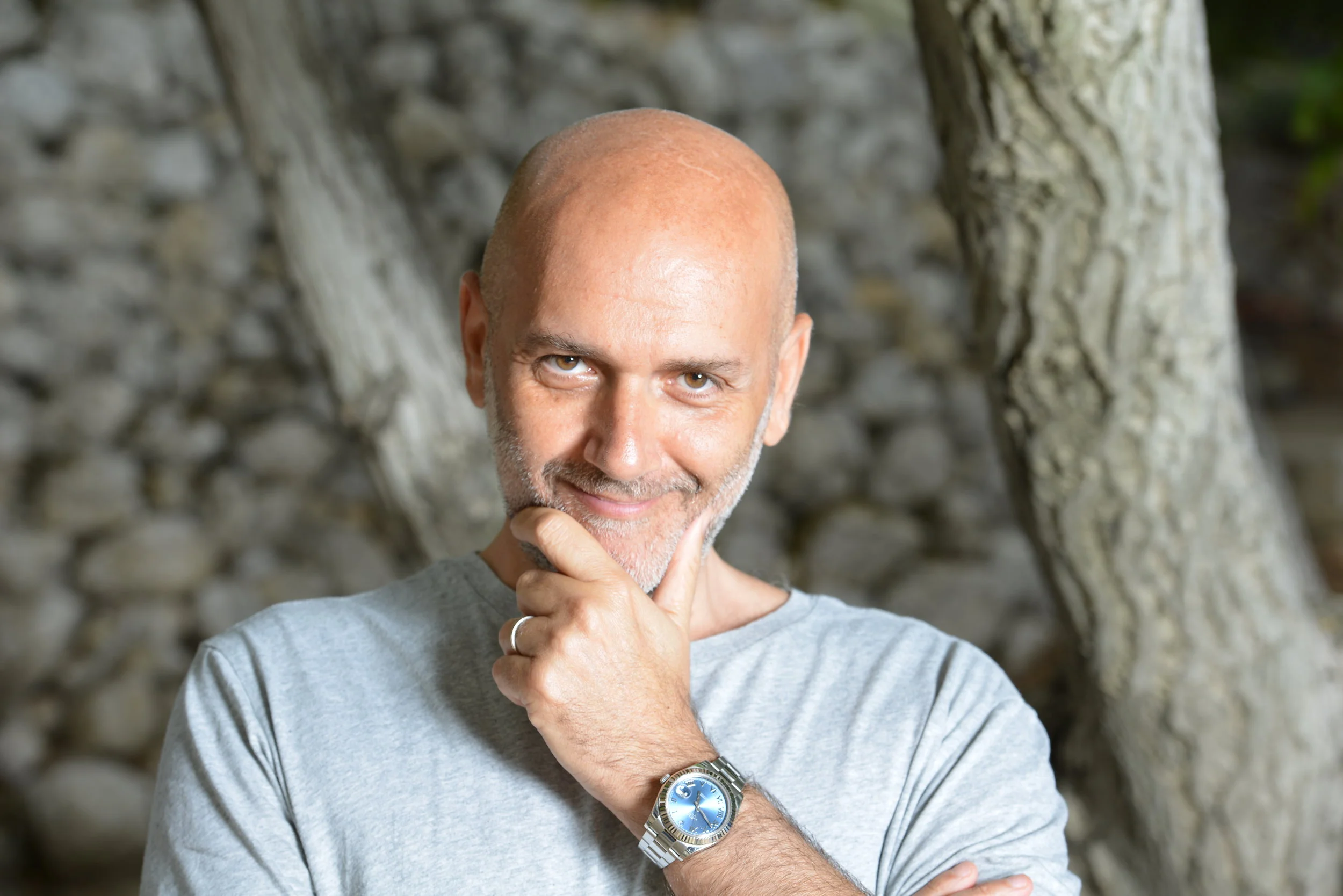Can you eat too well?
Many people are embracing the trend of healthy eating – and rightly so – but some have unfortunately taken it a step too far. The latter suffer from “an unhealthy fixation with healthy eating”, according to Dr Steven Bratman, who coined the word “orthorexia” to describe this condition, which is actually a socially acceptable but nonetheless full-blown eating disorder.
Orthorexics spend an unreasonable amount of time focusing on the quality and the purity of their food. This focus is often a means to avoid other uncomfortable life situations and can lead to social isolation and self-loathing. Unlike people with anorexia or bulimia who know that they are ruining their health, orthorexics believe they are doing something great for their body and derive a feeling of superiority from their behavior.
Why do people become orthorexic? Sometimes they have been through a single very traumatic event like the sudden loss of a loved one or they have personally experienced a serious illness such as cancer, diabetes, heart disease, etc. When fear and anxiety aren’t addressed, healthy eating becomes an obsession and takes up most of people’s thoughts and time. Orthorexics need complete control and use food as a way to shape their identity.
If you think yourself or someone you know could be concerned with orthorexia - do not panic but do act - there are plenty of ways to reverse the pattern of orthorexia. Don’t hesitate to talk to a therapist about it. And remember, eating well is just like any other good intention – it’s great as long as it doesn’t become an obsession.
If you enjoyed reading this article, please share it with your friends and networks using the little icons below.







